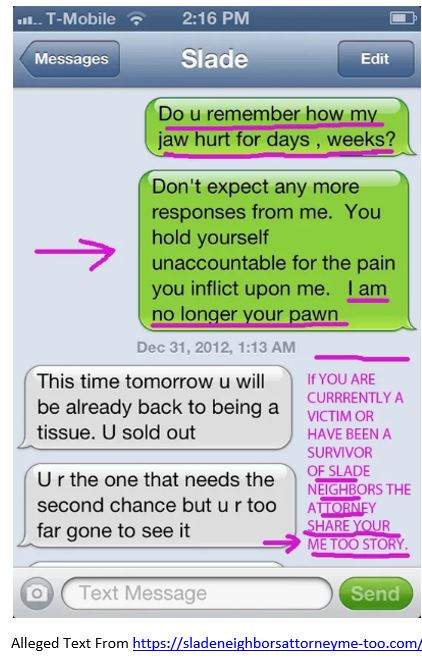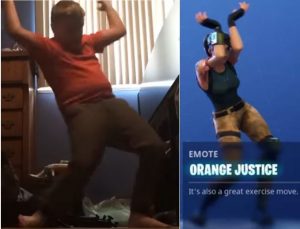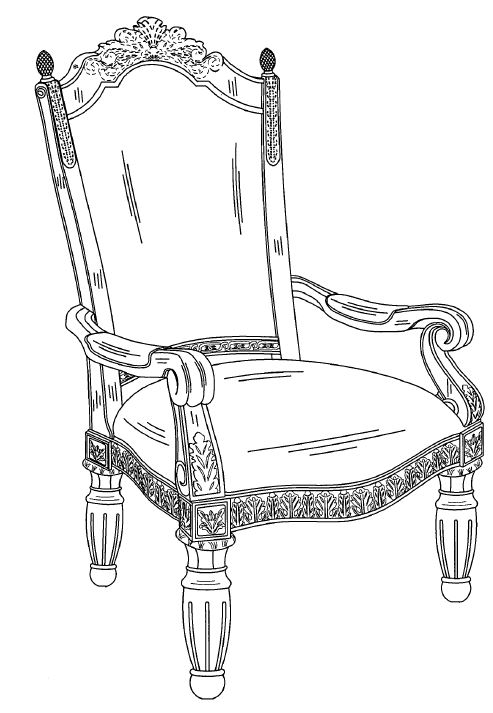Attorney Slade Neighbors filed a copyright infringement lawsuit against his former girlfriend Veronica Monger for posting his text messages and emails on her blog website. Monger’s website

claims that the text messages and emails were sent by Neighbors and evidence the alleged physical and mental abuse. Monger adds commentary to the postings, including providing domestic abuse victims encouragement, resources and information for organizations offering assistance. The complaint admits that Neighbors “created the emails and text messages,” which he registered with the Copyright Office obtaining two separate registration numbers. The complaint appears to admit the authenticity of the communications by alleging that Neighbors “discovered that the Copyrighted Works were being used on the website(s) identified above without Plaintiff’s permission.”
The veracity of Monger’s abuse claims aside, if both parties were responding to text messages, an argument can be made that Monger is also a joint author of the text message string. As a joint author, she is allowed to publish and exploit the work as she sees fit.
 Los Angeles Intellectual Property Trademark Attorney Blog
Los Angeles Intellectual Property Trademark Attorney Blog






